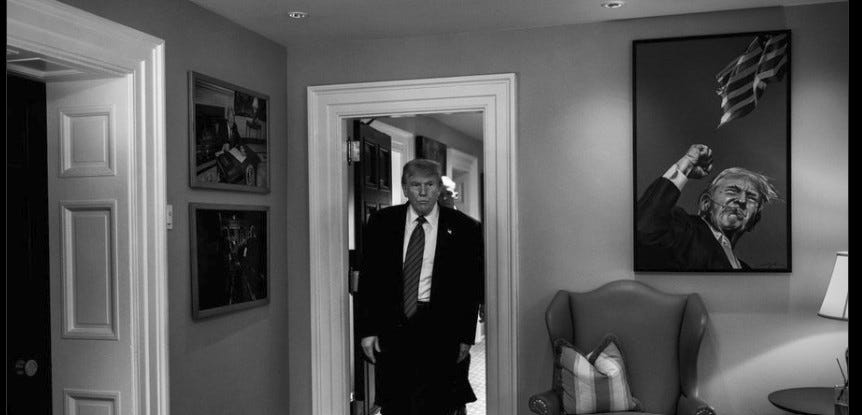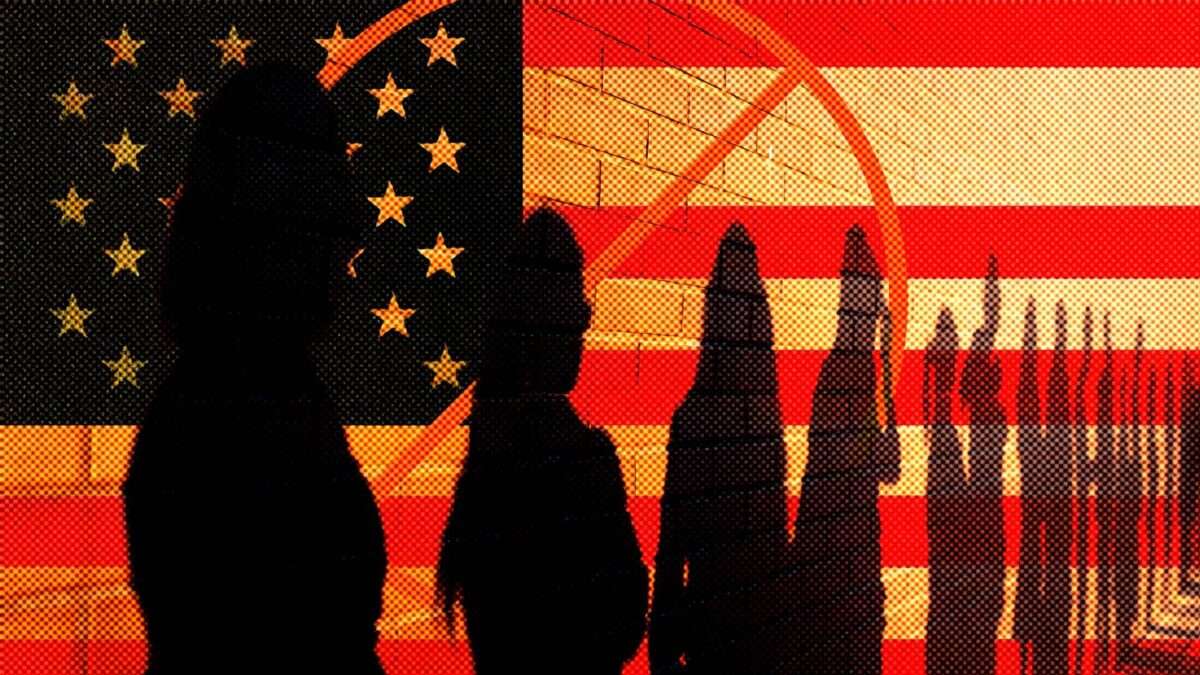The Supreme Court is considering what may be the most important religious liberty case it will review this term. In Mahmoud v. Taylor, religious parents representing various faiths are suing Maryland's Montgomery County Public School District (MCPS) to let them opt their children out of elementary school storybook discussions surrounding themes such as sexuality and gender.
During oral arguments, Justice Ketanji Brown Jackson questioned the plaintiffs' case. "I'm struggling to see how it burdens a parent's religious exercise if the school teaches something that the parent disagrees with," Jackson said. "You have a choice. You don't have to send your kid to that school. You can put them in another situation."
Practically speaking, many families don't have a viable educational alternative in Maryland. Without robust school choice, families on the losing end of zero-sum culture war clashes in public schools have little recourse.
Despite Jackson's claims to the contrary, most families cannot just put their children in "another situation." Only low-income students are eligible to receive Maryland's voucher, valued at less than $3,000 during the 2024–25 school year. This would cover just a fraction of the $14,500 average private elementary school tuition in Maryland.
The laws governing public school transfers in Maryland are some of the nation's weakest. Maryland is one of four states—along with Alaska, Maine, and North Carolina—that score 0 out of 100 points on Reason Foundation's scoresheet ranking states' K-12 open enrollment laws. This means the right to transfer to other public schools that have space isn't codified in state law.
Even if the school districts bordering MCPS let some of these students transfer, they could charge them out-of-pocket tuition, just like private schools. For instance, the neighboring Frederick County and Howard County Public Schools charged transfers $9,000 and $12,700, respectively, during the 2024–25 school year.
Moreover, no charter schools currently operate in Montgomery County (although its first is set to launch in Fall 2025). The school board has long opposed them, sparking criticism from the Maryland Board of Education.
When the district told families they could no longer opt their elementary-aged children out of the controversial lessons at the beginning of the 2023–24 school year, some parents chose to withdraw their children from MCPS at great personal cost. One family gave up their home and moved in with grandparents so they could afford private school tuition. Another family chose to homeschool their daughter with Down syndrome, sacrificing $25,000 in special services provided by MCPS.
Notably, plaintiffs in Mahmoud are asking only to opt out of specific lessons that violate their religious convictions. They aren't demanding that the district change its curriculum. Opt-out policies are a common practice in public education, and families in many states have long been able to withdraw their children from sex education classes.
That said, the advocates on Justice Jackson's side of the argument have a point: Where does it stop? There are many other areas where public schools might potentially adopt a curriculum that conflicts with individual religious beliefs. There may be a point at which it becomes overly burdensome for schools to let families opt out of everything they object to while still being enrolled.
Hence the need for school choice. When families don't have alternatives, public schools become a battleground for disputes. It becomes impossible to fully accommodate a diverse population with varying values and convictions.
The Court should rule in the plaintiffs' favor and let the parents opt out. But families shouldn't have to wait for a high court decision to have access to choice in education.
The post School Choice Could Defuse Culture War Fights appeared first on Reason.com.













 Bengali (Bangladesh) ·
Bengali (Bangladesh) ·  English (United States) ·
English (United States) ·